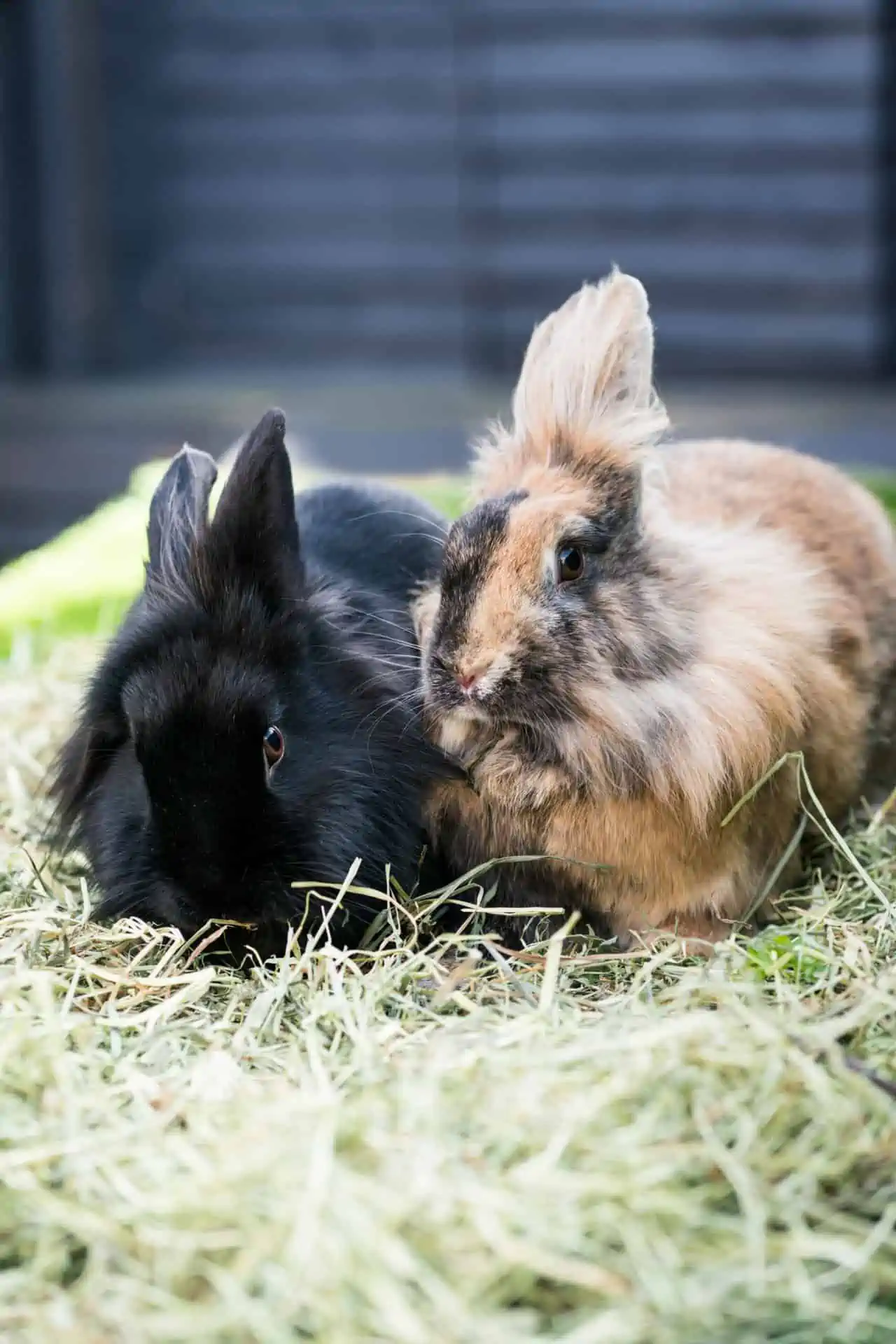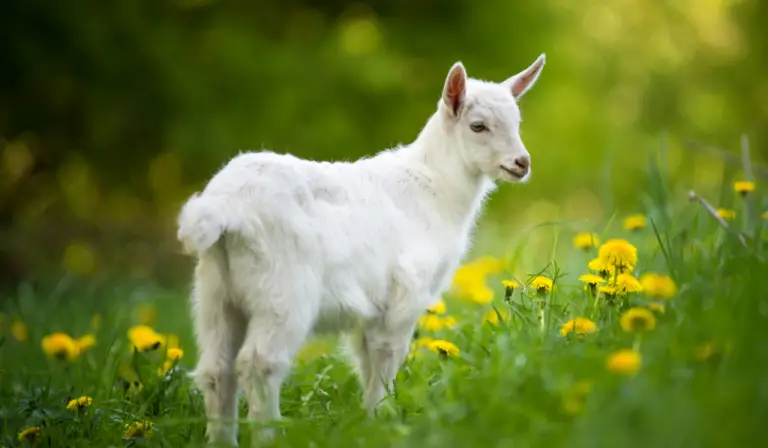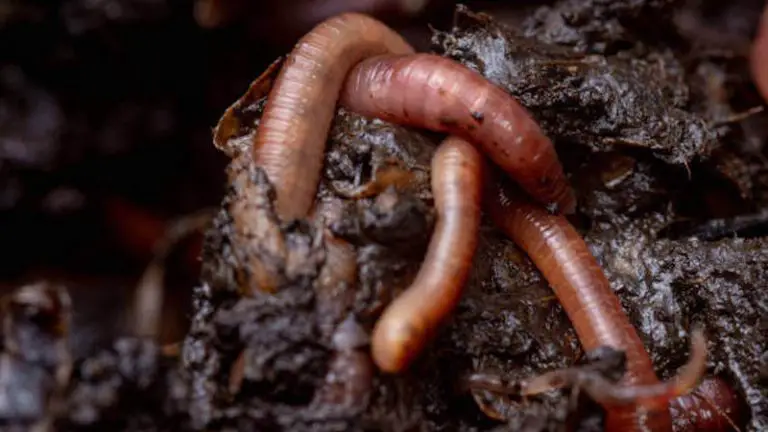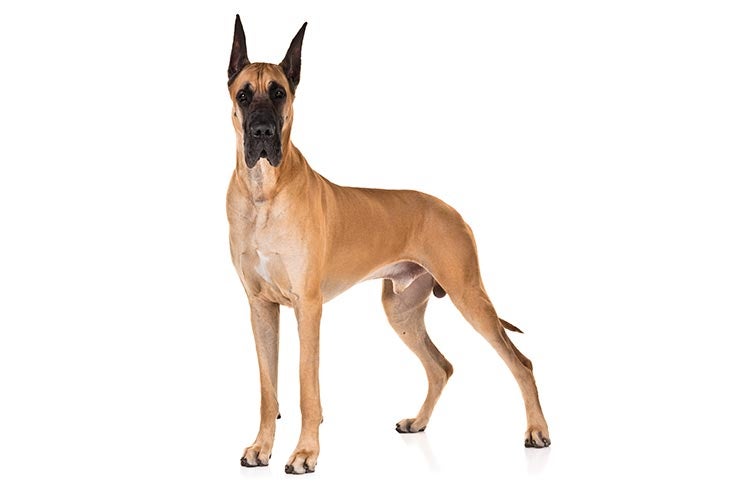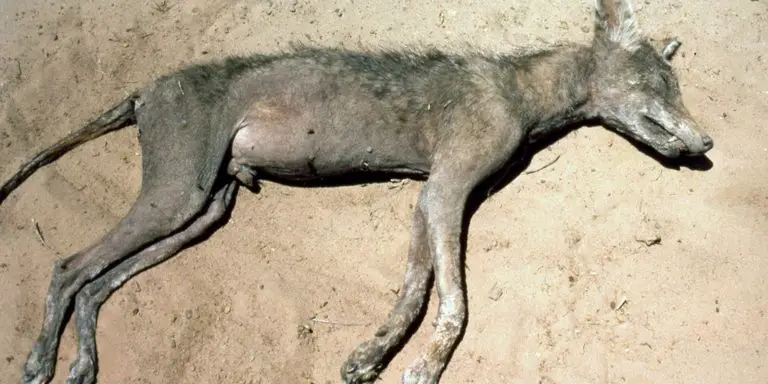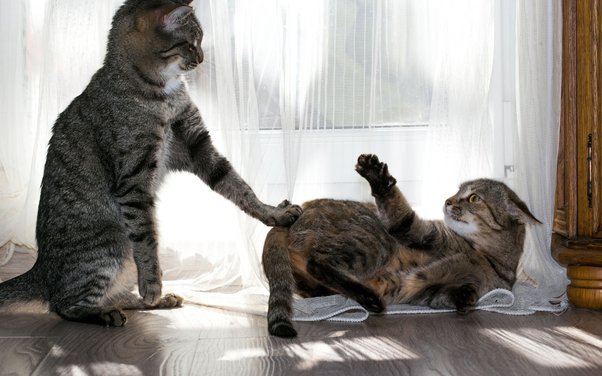Why Chinchilla Refuses to Eat Hay?
Chinchillas may refuse to eat hay due to dental issues or if they are not accustomed to it. If your chinchilla is not eating hay, there could be a few reasons behind this behavior.
It is essential to understand that hay is a vital part of a chinchilla’s diet, as it helps maintain their dental health and provides the necessary fiber for their digestive system. One reason your chinchilla may not be eating hay is if they have dental problems, such as overgrown teeth or tooth spurs, which can make it painful for them to chew.
Another reason could be that your chinchilla is not used to hay and needs some time to become accustomed to it. We will explore these reasons in more detail and provide some solutions to encourage your chinchilla to eat hay.
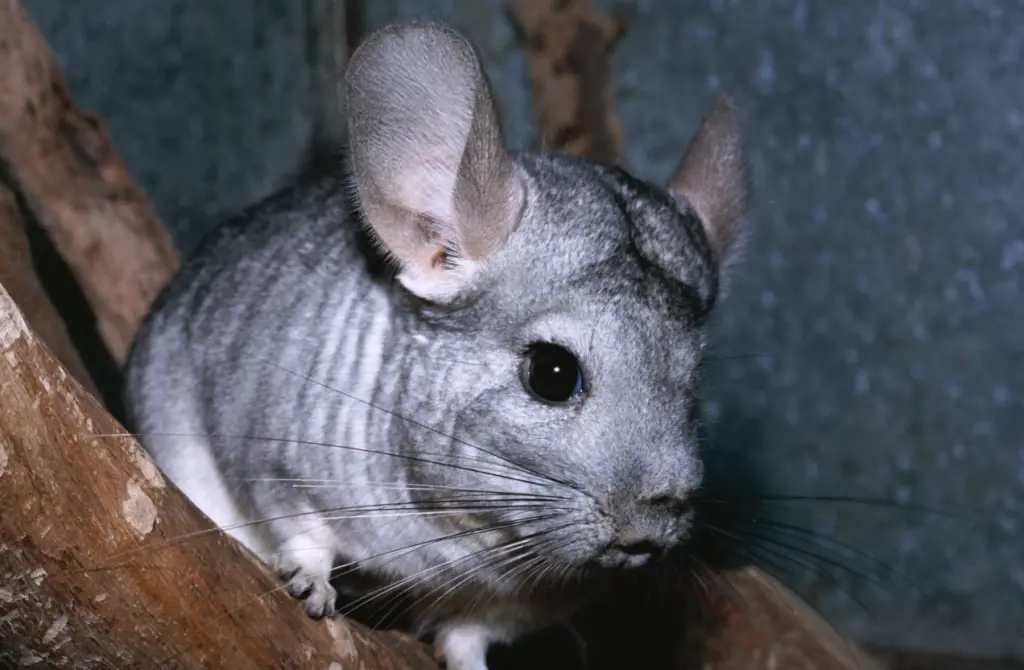
The Importance Of Hay In A Chinchilla’S Diet
Hay plays a crucial role in a chinchilla’s diet, providing necessary fiber, aiding digestion, and maintaining dental health. If your chinchilla refuses to eat hay, it may be due to dental issues, poor quality hay, or the availability of other tempting foods.
Don’t ignore this, as hay is essential for their overall well-being.
When it comes to a chinchilla’s diet, hay plays a crucial role in ensuring their overall health and well-being. Not only does it provide essential nutritional value, but it also promotes dental health and aids in proper digestion. Let’s explore the significance of hay in a chinchilla’s diet in more detail.
Nutritional Value Of Hay For Chinchillas
Hay serves as a staple food for chinchillas and offers a wide range of nutritional benefits. Key points to consider include:
- Rich in fiber: Hay is an excellent source of dietary fiber, which is essential for a chinchilla’s digestive system to function properly.
- Provides essential nutrients: It contains important vitamins and minerals that contribute to overall health and vitality.
- Low in calories: Hay is a low-calorie food option, ensuring that chinchillas maintain a healthy weight.
- Helps prevent obesity: By satisfying a chinchilla’s natural chewing behavior, hay helps prevent overeating.
Role Of Hay In Promoting Dental Health
A chinchilla’s teeth continuously grow throughout its life, and consuming hay plays a vital role in maintaining dental health. Consider the following points:
- Encourages chewing: Chinchillas’ teeth wear down naturally through the constant chewing of hay, preventing dental issues such as overgrowth.
- <strong>Promotes jaw exercise: The chewing action required to consume hay helps exercise the jaw muscles, ensuring they stay strong and healthy.
- Prevents dental malocclusion: Regular consumption of hay helps prevent common dental problems in chinchillas, such as malocclusion.
Hay As A Source Of Fiber For Proper Digestion
Fiber is an essential component of a chinchilla’s diet, and hay provides an abundant source. Here’s why fiber is crucial for proper digestion:
- Promotes gut motility: The high fiber content of hay aids in moving food through a chinchilla’s digestive tract, preventing issues like constipation.
- Reduces the risk of blockages: Adequate fiber intake helps prevent gastrointestinal blockages by ensuring the smooth passage of food.
- Supports beneficial gut bacteria: Fiber acts as food for the beneficial bacteria in a chinchilla’s gut, promoting a healthy digestive system.
Hay plays a vital role in a chinchilla’s diet, providing necessary nutrition, maintaining dental health, and aiding in proper digestion. Including hay as a fundamental component of their daily food intake is crucial to ensure their overall well-being. So, make sure you offer your chinchilla a variety of high-quality hay to support their optimal health and happiness.
Common Reasons For Chinchilla’S Hay Aversion
Chinchillas may develop an aversion to eating hay due to various reasons, such as dental issues, low-quality hay, or gastrointestinal problems. It is crucial to identify and address these issues promptly to ensure the chinchilla’s overall health and well-being.
Chinchillas are adorable and charming little pets, known for their love of hay. However, there are several common reasons why a chinchilla may develop an aversion to hay. Understanding these reasons can help you identify and address any issues that may be hindering your chinchilla’s hay consumption.
Here are the most frequently encountered reasons for chinchillas refusing to eat hay:
- Dental issues affecting hay consumption:
- Malocclusion: This condition occurs when a chinchilla’s teeth don’t align properly, making it difficult or painful for them to chew hay.
- Overgrown teeth: Chinchillas’ teeth continuously grow, and if not properly worn down, they can become too long and cause discomfort while eating hay.
- Allergies or sensitivities to certain types of hay:
- Dust allergies: Some chinchillas may be sensitive to the dust commonly found in certain types of hay. This can lead to respiratory issues and a reluctance to eat hay.
- Mold or fungus: Hay that has been stored in damp or unsanitary conditions may develop mold or fungus, which can trigger allergies in chinchillas and discourage hay consumption.
- Behavioral factors leading to hay refusal:
- Transitioning to a new diet: If a chinchilla is introduced to a new type of food or suddenly switches to a different brand of hay, they may take time to adjust and reject the new hay initially.
- Spoiled or low-quality hay: Chinchillas are selective eaters and can detect any spoilage or low-quality hay. They may refuse to eat hay that does not meet their standards.
Understanding these reasons will help you determine the cause of your chinchilla’s hay aversion. If you suspect any dental issues, it’s important to consult a veterinarian who specializes in exotic pets. In case of allergies or sensitivities, consider trying a different type of hay or ensuring proper storage conditions.
Behavioral issues can be resolved by gradually introducing new hay or ensuring a fresh supply of high-quality hay. By addressing these common factors, you can help your chinchilla regain their love for hay and ensure their overall well-being.
Identifying Dental Issues In Chinchillas
Chinchillas refusing to eat hay can indicate dental issues such as overgrown teeth or tooth misalignment. Regular check-ups by a veterinarian can help identify the cause and provide necessary treatment for these dental problems.
Chinchillas are adorable small pets known for their fluffy coats and playful nature. However, just like any other living being, they may also face health issues. One common problem among chinchillas is dental issues, which can affect their eating habits, including their consumption of hay.
Identifying these dental problems is crucial for ensuring your chinchilla’s health and well-being. Here are some signs to look out for:
- Misaligned or overgrown teeth: Chinchillas have open-rooted teeth that continuously grow throughout their lives. However, sometimes these teeth can become misaligned or grow excessively. This can lead to painful dental conditions and affect their ability to chew hay.
- Drooling or wet chin: Excessive drooling or a wet chin can indicate dental problems such as abscesses or tooth root infections. It’s important to observe your chinchilla closely and seek veterinary attention if you notice these symptoms.
- Weight loss or decreased appetite: Dental issues can cause discomfort while eating, leading to a decreased appetite or weight loss. If your chinchilla is not showing interest in hay or other food, it could be due to dental problems.
Impact Of Dental Issues On Hay Consumption
Hay is a vital component of a chinchilla’s diet, as it provides essential fiber and helps maintain healthy dental wear. However, when chinchillas suffer from dental problems, their hay consumption may be affected. Here’s how dental issues can impact your chinchilla’s intake of hay:
- Difficulty chewing: Misaligned or overgrown teeth can make it tough for chinchillas to chew hay effectively. This can result in them avoiding hay altogether or struggling to consume it, leading to a reduction in hay consumption.
- Selective eating: Chinchillas with dental problems may become picky eaters and prefer softer food over hay. They might leave behind the hay and consume other types of food that are easier to chew, causing a decline in hay intake.
- Pain and discomfort: Dental problems can cause pain and discomfort while chewing hay. As a result, chinchillas may associate hay with discomfort and be reluctant to eat it, reducing their hay consumption.
Seeking Veterinary Advice For Dental Evaluation
If you notice any signs of dental problems in your chinchilla or a decline in their hay consumption, it’s essential to seek veterinary advice. A thorough dental evaluation by a veterinarian who has experience with small mammals like chinchillas can help identify the root cause of the issue.
Here’s why it’s crucial to consult a veterinarian:
- Accurate diagnosis: A veterinarian can diagnose dental issues accurately through a physical examination and potentially imaging techniques. Identifying the specific problem will enable appropriate treatment and management.
- Professional dental care: Veterinarians can provide professional dental care for chinchillas, which may involve teeth trimming, extraction of problematic teeth, or other necessary procedures. This helps alleviate pain and restore proper chewing function.
- Preventive measures: Regular dental check-ups for chinchillas can help identify any dental issues in their early stages. By catching problems early, you can take preventive measures and maintain your chinchilla’s dental health, ensuring their hay consumption remains optimal.
Remember, dental problems can significantly impact a chinchilla’s ability to eat hay. By understanding and addressing these issues promptly with the help of a veterinarian, you can ensure your chinchilla’s overall well-being and ensure they continue to enjoy a healthy diet.
Understanding Hay Allergies In Chinchillas
Chinchillas refusing to eat hay? Discover the reasons behind their hay allergies and find out how to address this issue for your furry friend’s health and well-being.
Chinchillas are adorable little creatures that require a well-balanced diet to thrive. Hay is a crucial component of their diet as it aids in digestion and promotes dental health. However, some chinchillas may develop hay allergies, which can be a cause for concern.
Understanding the symptoms, identifying specific hay allergens, and exploring alternative hay options are essential in addressing this issue.
Symptoms Of Hay Allergies In Chinchillas:
- Sneezing and nasal discharge: If you notice your chinchilla frequently sneezing or displaying a runny nose, it could be a sign of hay allergies.
- Itchy and watery eyes: Irritation and redness in the eyes could indicate an allergic reaction to hay.
- Skin rashes and itchiness: Allergic chinchillas may experience skin problems such as redness, rashes, or excessive scratching.
- Respiratory difficulties: Hay allergies can lead to breathing difficulties, including wheezing or labored breathing.
Identifying Specific Hay Allergens:
- Dust: Dust particles present in hay can cause allergic reactions in sensitive chinchillas. The fine particles may irritate their respiratory system.
- Mold and fungi: Damp or improperly stored hay can harbor mold and fungi, which can trigger allergies.
- Pollen: Some chinchillas may be allergic to certain types of pollen found in hay, resulting in adverse reactions.
Alternative Hay Options For Allergic Chinchillas:
- Timothy hay: This is a popular alternative to traditional hay, as it is less likely to cause allergic reactions. Timothy hay has larger, coarser stems, which may reduce dust and allergen exposure.
- Orchard grass: Another suitable option is orchard grass, which provides similar nutritional benefits to hay without triggering allergies.
- Botanical hay blends: Chinchillas with hay allergies might find relief in specially formulated hay blends that combine different grasses and herbs. These blends are designed to minimize allergen exposure.
Remember, if you suspect your chinchilla has hay allergies, it is essential to consult a veterinarian for a proper diagnosis and guidance on how to manage their diet effectively.
Behavioral Factors Affecting Hay Consumption
Chinchillas sometimes refuse to eat hay due to various behavioral factors. These factors may include stress, dental issues, or a dislike for the particular type or quality of hay provided. Understanding these factors can help address the problem and ensure the chinchilla gets the necessary nutrients from hay.
Chinchillas are adorable and unique pets that require a specialized diet to stay healthy. Hay is an essential component of a chinchilla’s diet as it provides essential fiber and helps maintain dental health. However, some chinchillas develop an aversion to hay, making it challenging for their owners to ensure proper nutrition.
There are several factors that can contribute to this behavior, including boredom, lack of stimulation, stress, or anxiety-related behaviors. In this section, we will explore these behavioral factors affecting hay consumption and discuss strategies to encourage hay consumption through environmental enrichment and addressing stress or anxiety-related behaviors.
Boredom And Lack Of Stimulation As A Cause For Hay Aversion:
- Chinchillas are intelligent and active animals that require mental and physical stimulation to thrive. When chinchillas are not adequately stimulated, they can become bored and disinterested in their hay.
- Lack of variety in their environment and daily routine can contribute to boredom, leading to a decreased interest in hay. Chinchillas need enrichment activities to keep them engaged and prevent boredom.
- Providing chew toys, tunnels, and other forms of environmental enrichment can help stimulate their natural behaviors and keep them mentally stimulated.
- Offering different types of hay or mixing in other forages, such as dried herbs or flowers, can also make hay more appealing to a chinchilla.
- Regularly rotating toys and introducing new ones can prevent boredom from setting in and help maintain their interest in hay.
Encouraging Hay Consumption Through Environmental Enrichment:
- Chinchillas are natural foragers, and providing hay in different ways can stimulate their natural instincts. Instead of simply placing a pile of hay in their cage, you can use creative methods to entice them to eat more hay.
- Using hay racks or hay balls that require physical effort to extract hay can engage their natural foraging behavior and increase hay consumption.
- Chinchilla-safe hiding places or tunnels filled with hay can make mealtime more interesting and encourage them to eat more hay.
- Placing hay in different areas of their enclosure or providing different types of hay can add variety and appeal to their feeding routine.
- Regularly checking the quality of hay, ensuring it is fresh and aromatic, can also make a difference in their interest and consumption.
Addressing Stress Or Anxiety-Related Behaviors:
- Chinchillas are sensitive animals that can experience stress or anxiety in certain situations. Stress can affect their appetite and overall well-being, contributing to a decrease in hay consumption.
- It is essential to create a calm and secure environment for chinchillas. Providing hiding spots, such as tunnels or boxes, can give them a sense of security and reduce stress levels.
- Minimizing loud noises, sudden changes in their environment, and interactions with unfamiliar animals or humans can also help alleviate stress.
- Regular playtime and handling can help build trust and strengthen the bond with your chinchilla. This sense of security can positively impact their overall well-being, including their hay consumption.
- If you notice persistent stress or anxiety-related behaviors, it is essential to consult a veterinarian specializing in exotic pets for further guidance and support.
By addressing the behavioral factors affecting hay consumption in chinchillas, you can ensure that your furry friend gets the necessary nutrients and maintains proper dental health. Remember to provide environmental enrichment, create a stimulating environment, and address any stress or anxiety-related behaviors to encourage hay consumption.
Tips To Encourage Chinchilla’S Hay Consumption
Encourage your chinchilla to eat hay with these helpful tips: provide different varieties of hay, offer fresh hay daily, cut back on treats, ensure good hay quality, use hay racks or hay feeders, and engage in interactive play to stimulate hay consumption.
Chinchillas are herbivores and need a diet primarily consisting of hay to maintain their dental health and overall well-being. However, some chinchillas may be reluctant to eat hay, which can be a cause for concern. If your chinchilla is not consuming enough hay, here are some tips to encourage their hay consumption:
Gradual Introduction Of New Hay Types
- Introduce new types of hay gradually over a period of time to avoid sudden dietary changes that may upset their digestive system.
- Start by mixing a small amount of the new hay with their current hay and gradually increase the proportion of new hay over several days or weeks.
- This allows your chinchilla to become accustomed to the taste and texture of the new hay without causing any aversion.
Offering Fresh And High-Quality Hay
- Ensure that the hay you provide to your chinchilla is fresh and free from excessive dust, mold, or pests.
- High-quality hay should have a fresh aroma and vibrant green color, indicating that it is rich in nutrients.
- Avoid feeding your chinchilla hay that is excessively dry or has a dull color, as it may not be as appealing to them.
Incorporating Hay Into Chinchilla’S Daily Routine
- Place hay racks or hay balls in your chinchilla’s enclosure at different levels to encourage exploration and foraging behavior.
- Create a designated hay area or hay bin for your chinchilla, making it easily accessible and enticing.
- Ensure that fresh hay is always available for your chinchilla to nibble on throughout the day.
- You can also scatter small piles of hay around their enclosure to encourage natural foraging instincts.
Remember, each chinchilla is unique, and it may take some time for them to develop a preference for hay. By gradually introducing new hay types, offering fresh and high-quality hay, and incorporating hay into their daily routine, you can help encourage your chinchilla to consume more hay and maintain a balanced diet.
Hay Alternatives For Chinchillas
Chinchillas refusing to eat hay can be a cause for concern. Discover effective hay alternatives to ensure your pet’s nutritional needs are met and address potential underlying reasons for this behavior.
Pellets And Their Role In Chinchilla’S Diet:
- Chinchilla pellets are an excellent alternative to hay and can be a significant part of your furry friend’s diet.
- These specially formulated pellets provide essential nutrients, vitamins, and minerals that chinchillas need to thrive.
- Look for high-quality pellets that are specifically designed for chinchillas, as they contain the right balance of fiber, protein, and other necessary nutrients.
- Offer the pellets in small amounts and monitor your chinchilla’s intake to ensure they are not overeating.
Supplementing With Fresh Vegetables And Fruits:
- Another way to replace hay in a chinchilla’s diet is by introducing fresh vegetables and fruits.
- Leafy greens like kale, spinach, and lettuce can be great sources of fiber and nutrients.
- Offer small portions of fresh vegetables as treats or part of their daily diet.
- Fruits like apples, strawberries, and grapes can also be given occasionally as a tasty and nutritious alternative to hay.
- Remember to introduce new foods gradually to prevent digestive upset and monitor your chinchilla’s reaction to ensure they tolerate the new additions well.
Ensuring A Balanced Diet Without Hay:
- It is essential to ensure that your chinchilla receives a balanced diet even without hay.
- Apart from pellets and fresh produce, consider providing other sources of fiber, such as hay-based treats or hay cubes.
- Hay cubes are compressed blocks of hay that can be offered as a means of promoting dental health and providing additional fiber.
- Chinchilla-friendly toys and chews made of hay or other fibrous materials can also help meet their chewing and dietary needs.
- Consult with a veterinarian or exotic animal nutritionist to develop a well-rounded diet plan that addresses your chinchilla’s specific nutritional requirements without hay.
By incorporating pellets, fresh vegetables and fruits, and other hay alternatives, you can ensure that your chinchilla receives a well-balanced diet even if they won’t eat hay. Remember to monitor their food intake, gradually introduce new foods, and seek professional guidance to provide the best care for your furry companion.
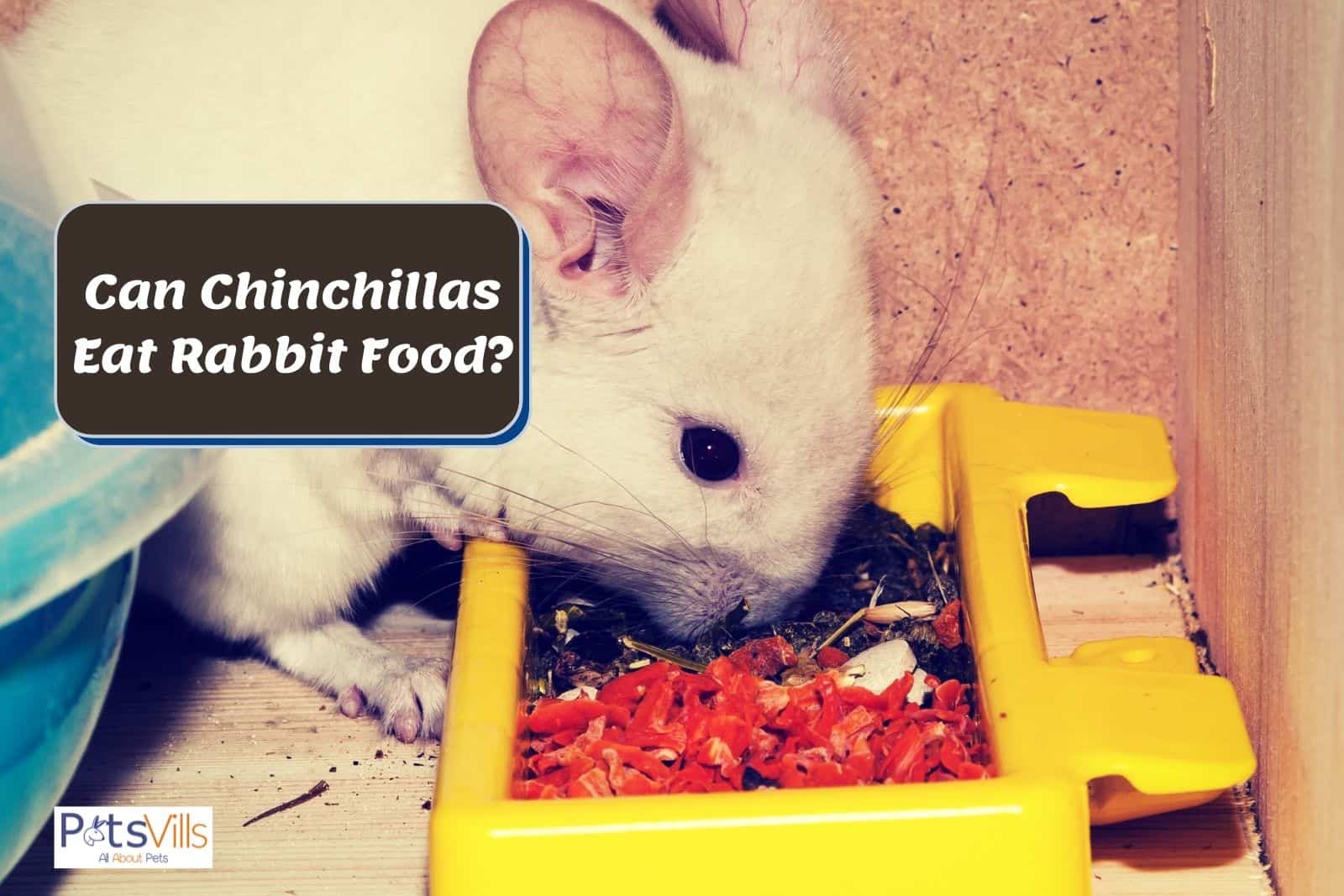
Frequently Asked Questions Of Why Chinchilla Won’T Eat Hay? This Is Why!
Why Is My Chinchilla Not Eating His Hay?
Possible answer: Your chinchilla may not be eating its hay due to dental problems or digestive issues.
How Can I Get My Chinchilla To Eat More?
To encourage your chinchilla to eat more, make sure you provide a balanced diet and offer a variety of fresh foods.
How Long Can Chinchillas Go Without Hay?
Chinchillas should not go without hay, as it is a crucial part of their diet for digestion and dental health.
Can Chinchillas Live Without Hay?
No, chinchillas cannot live without hay. Hay is essential for their digestion and dental health.
Conclusion
To sum it up, a chinchilla’s refusal to eat hay can be attributed to various factors. Firstly, improper hay quality and freshness may deter them from consuming it. Therefore, ensuring high-quality, fresh hay is readily available is crucial. Secondly, dental issues such as overgrown teeth or malocclusion can make chewing hay painful for chinchillas, leading to their avoidance of it.
Regular dental check-ups and proper teeth maintenance are essential. Additionally, chinchillas might not be eating hay if they are receiving an imbalanced diet, lacking in crucial nutrients. Providing a well-rounded diet with appropriate hay quantities can encourage their consumption. Lastly, stress and anxiety can affect a chinchilla’s appetite for hay.
Therefore, maintaining a calm and secure environment for these delicate creatures is vital. Remember, hay is a vital part of a chinchilla’s diet, and ensuring they consume it is crucial for their overall health and well-being.

